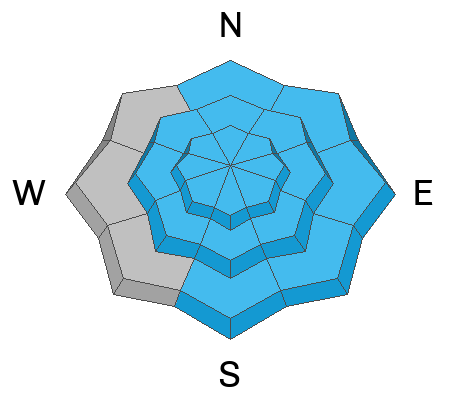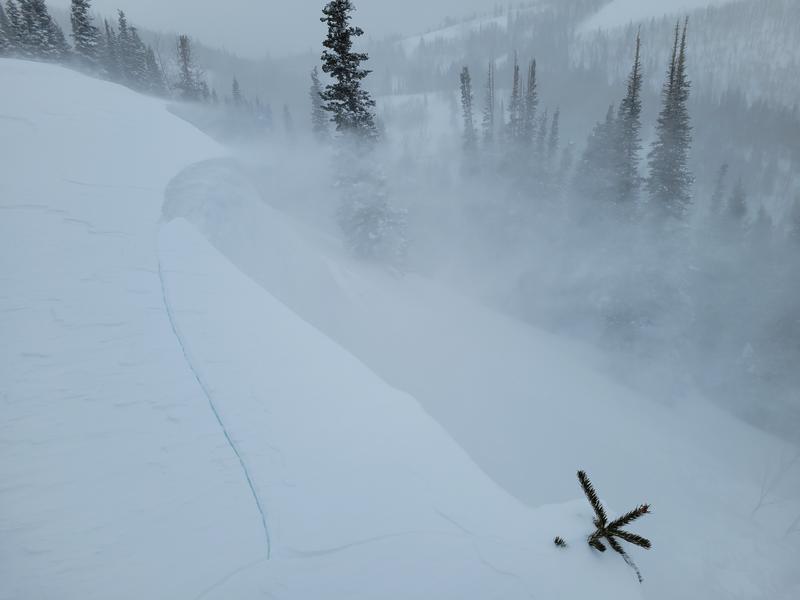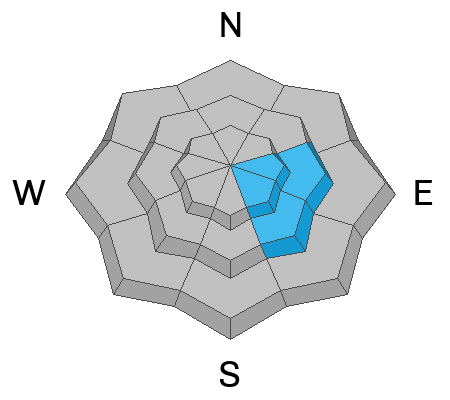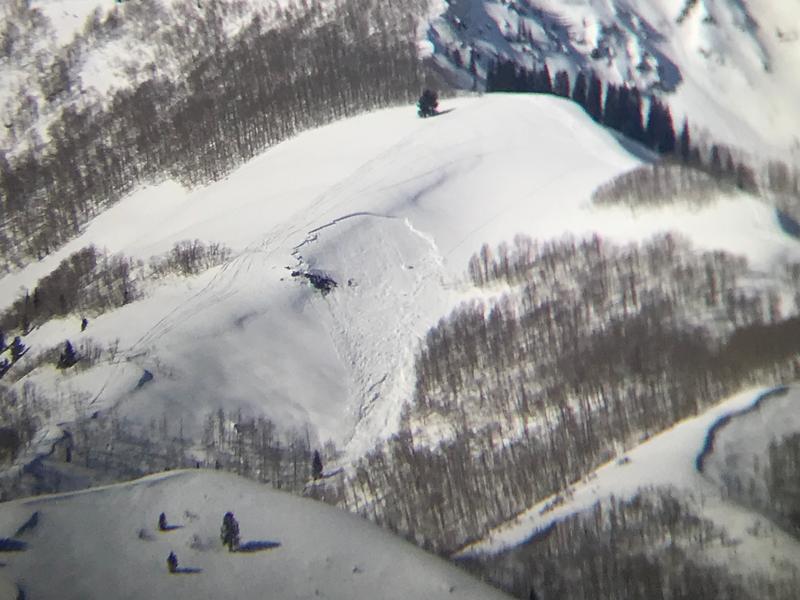We are seeking a passionate individual to join us as
Executive Director of the nonprofit Utah Avalanche Center.
Skies are clear. Winds, mercifully, are a fraction of what they were. Yesterday, they blew strong from the northwest, but were swirling and eddying in all directions off the ridgelines. We say many snapped limbs and pine needles scattered across the landscape. Temps are in the single digits to mid-teens.
For today, we can expect mostly sunny skies, light winds from the west, backing to the southwest, and temperature rapidly warming into the mid-20s to low 30s.
The Outlook: Winds from the southwest start to ramp up Thursday night ahead of a powerful storm what will engulf the intermountain west for the weekend. Strong winds howl ahead of a dramatic cold front that crashes through Saturday afternoon. 1-2' of snow can be expected with perhaps the lion's share in the Logan and Ogden mountains. Another storm nips at its heels for Tuesday.
So far so good - Utah precipitation/water numbers are well above "average" so far with more storms on the way.
Strong and erratic winds produced erratic and spotty soft slabs of wind drifted snow across the compass and at many elevations yesterday, the largest of which in the SLC mountains was a 18" thick and 150' wide soft slab in Toots-to-Boot in Alexander Basin (9200' NE facing). It was consistent with other reports of natural and human triggered cornice fall that triggered the slabs below. We also got a second hand report of a skier who was involved in a large cornice fall along the Park City ridgeline, but was uninjured.
The report on Monday's avalanche accident on
Little Water Peak that caught and carried four people can be found
HERE.
⚠️ With clear skies and good riding conditions, I would not be surprised to have powder fever cloud good judgment in the backcountry and see a few close calls today. Human triggered avalanches are possible today.













